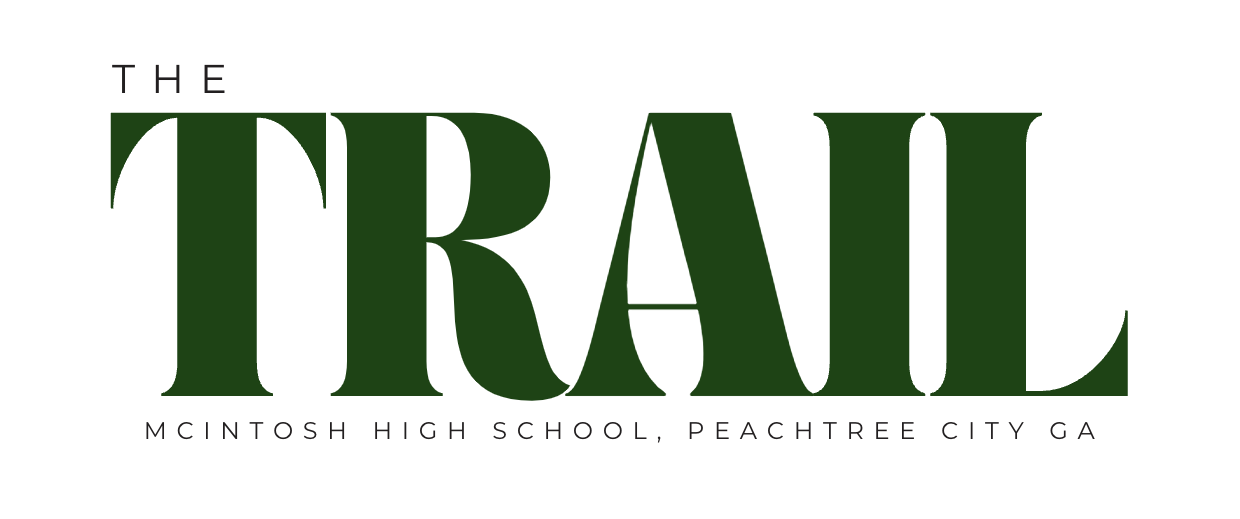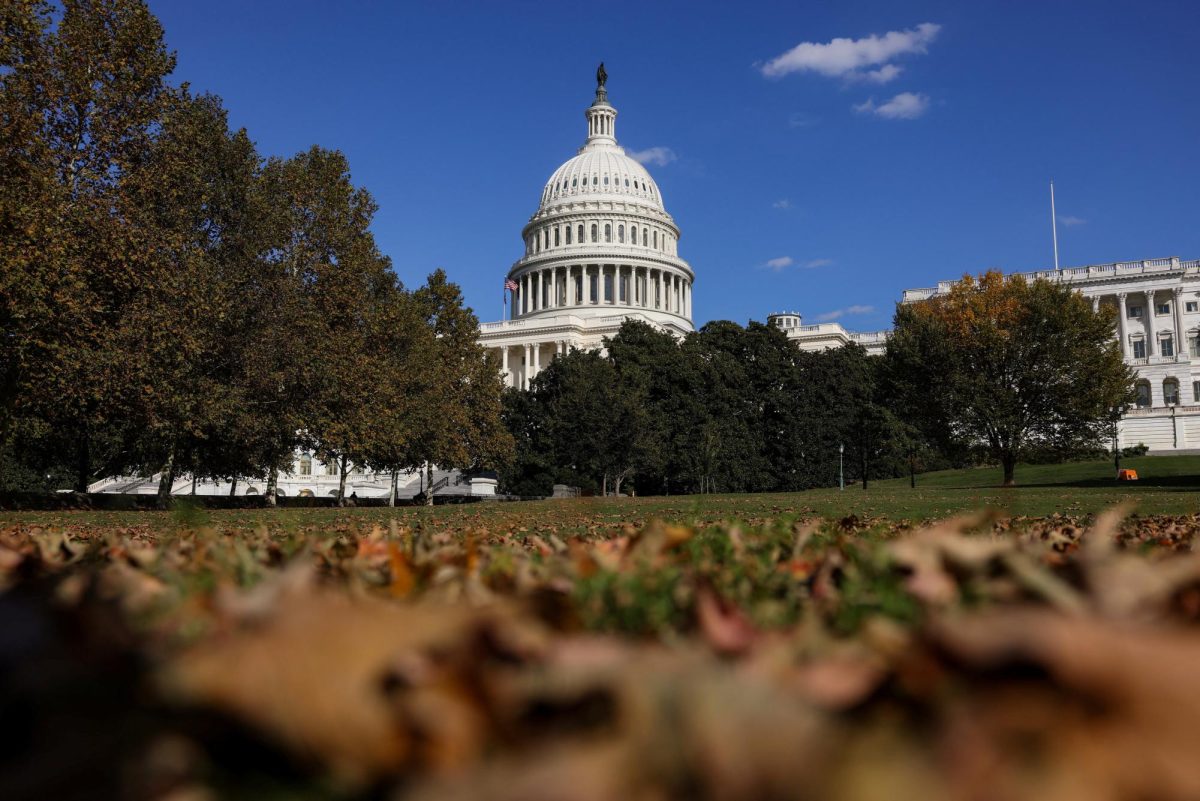When President Donald Trump posted an AI-generated video mocking Democrat leaders on Sep. 29, the video reflected that a consensus that would prevent a government shutdown on Oct. 1 was far from reach. Such has been the situation since, as the shutdown has impacted thousands of Americans both in Peachtree City and across the country.
The government shutdown was the result of a partisan gridlock in Congress over how to spend funds towards federal departments and functions. Moreover, this shutdown is unique in that it is threatening to stretch on as one of the longest and most eventful in history, according to Republican House Speaker Mike Johnson. Here is what you need to know to stay updated:
What is a government shutdown?
A shutdown occurs when Congress fails to agree on a spending bill to fund the federal government’s operations. As a result, they have made substantial cuts to federal agencies and functions.
“Congress has the power of the purse, so to speak,” U.S. History teacher Jason Eisele said. “They’re the ones who decide what money gets spent. Usually what they do is they do what’s called a continuing resolution, which is basically an agreement to continue funding and make sure everybody gets paid. When they can’t agree on that, then that’s when we get a government shutdown. That’s kind of where we’re at.”
What were the impacts of the shutdown?
A majority of federal employees have been scheduled to be furloughed; that is, they will be obligated to take temporary unpaid leave until the shutdown ends. Meanwhile, departments also “designated some employees, such as federal law enforcement officers, active-duty troops and air traffic controllers, as ‘essential,’” according to the New York Times. Many of these types of federal employees will work without pay until the shutdown is over.
As for services, many government agencies are sustaining on leftover funds, but may close down when they exhaust those later on, causing pauses in certain services. “It’ll probably start ramping up, like I would guess, in the next two weeks,” U.S. Government and Politics teacher Bunky Colvin said. “You’d start to see them close national parks.”
While American schools are primarily funded by state and local agencies, the shutdown could potentially impact schools on the nationwide level as the Department of Education has temporarily paused several of its functions. The department oversees billions of dollars of federal aid going to state and local education agencies such as the Fayette County Board of Education.
Meanwhile, the Trump administration has been laying off employees in the Office of Special Education, an office within the Department of Education that oversees special education. According to NPR, the office is the “central nervous system for programs that support students with disabilities, not only offering guidance to families but providing monitoring and oversight of states to make sure they’re complying with the landmark Individuals with Disabilities Education Act (IDEA).” IDEA requires the states to provide special education services for children from birth up to age 21.
Who has been affected?
Some Americans have not noticed the effects of the shutdown yet as several furloughs and pauses in services have not completely taken effect. Yet several students and their families in Peachtree City are already enduring stress in the face of impending furloughs and pay cuts. Senior Eden Piotrowski, whose mother is a federal employee for the forest service, noted not only how the shutdown will impact her financial stability, but how it has already impacted the stability of her family.
“Currently she’s getting paid, but we aren’t sure for how long. We don’t know whether or not she will get fired, like so many of her colleagues have. She no longer enjoys being at work. Most days it translates into our home life; she doesn’t have the energy to spend time and often yells or cries. I find I spend less and less time at home, maybe a subconscious decision, to avoid the negative energy,” Piotrowski said.
Sophomore Jozlynn Smith is a Trail staffer whose mother has been working for the military for over 30 years. She expressed fear for her family’s financial predicament.
“While she might not be furloughed and still has to go to work, the fear of not getting paid is out there because the Pay Our Military Act timeline expired, and they have not passed a new one. So that [is] just added stress,” Smith said.
Despite the shutdown, many activities under the Department of Education that aid students will continue, as they are seen as mandatory spending. The department will continue to provide federal student aid such as the Federal Pell Grant and the FAFSA, although some services for students in the application process may be affected.
When will the shutdown end?
Neither party knows for certain when the shutdown will end. The disagreement between Democrats and Republicans that caused the shutdown still concerns many points of contention, and an end is still uncertain. Typically, shutdowns end when the absence of funding causes detrimental strain on a larger scale, as the last shutdown did.
“You wouldn’t think it would go for a long, long time. When you start getting to the point where the military is not receiving their pay, or when groups of people who are not getting paid stop coming to work, then you got serious problems,” Colvin said.
Eisele noted that this disagreement over the shutdown reflects a bigger picture of partisan polarization.
“[The shutdown] is just emblematic of the political polarization that we have. If you listen to Fox News, they’re going to be blaming the Democrats for the shutdown. If you listen to CNN or MSNBC or one of the left-leaning media networks, everybody is blaming the Republicans. And the truth is probably somewhere in the middle. There’s enough blame to go around,” Eisele said.
Public school teachers like Eisele will not directly feel the shock of federal furloughs or pay cuts. However, many federal workers will remain furloughed or unpaid until further notice of an agreement.
“It sucks that [federal workers] are being put in a crossfire of these two bickering [political parties],” Eisele said.



